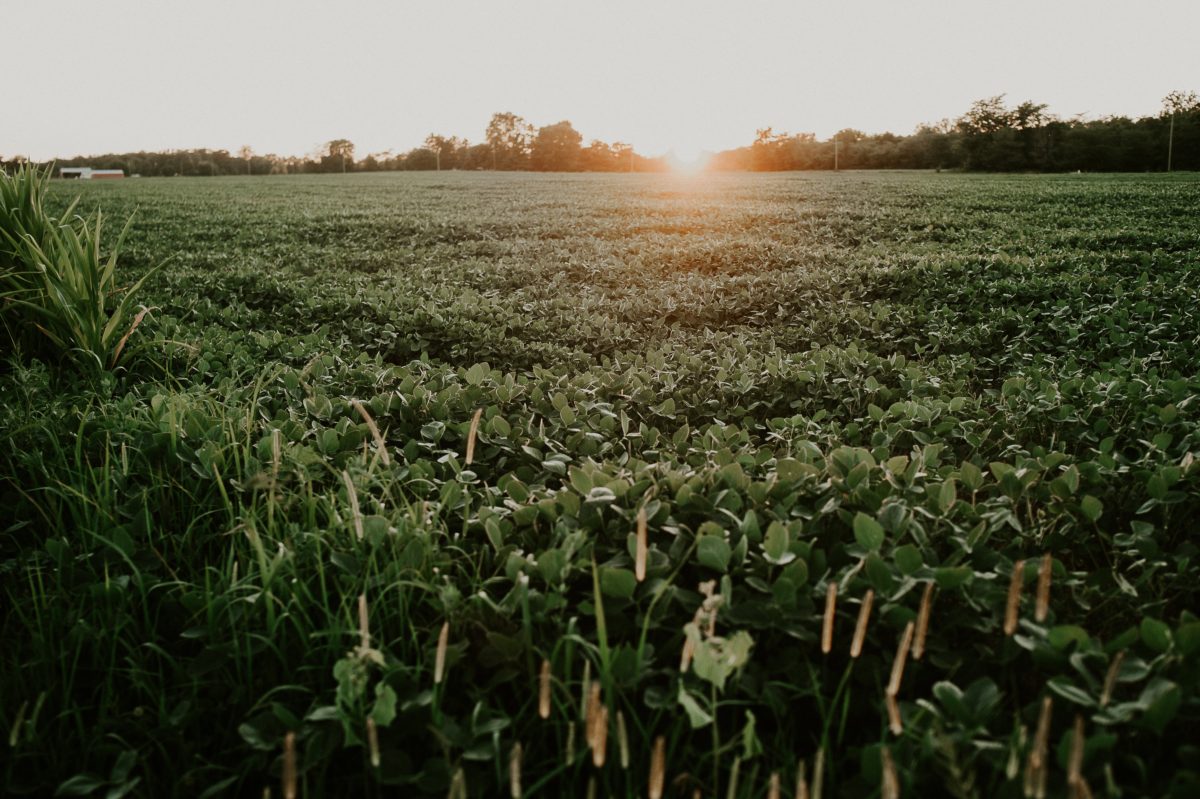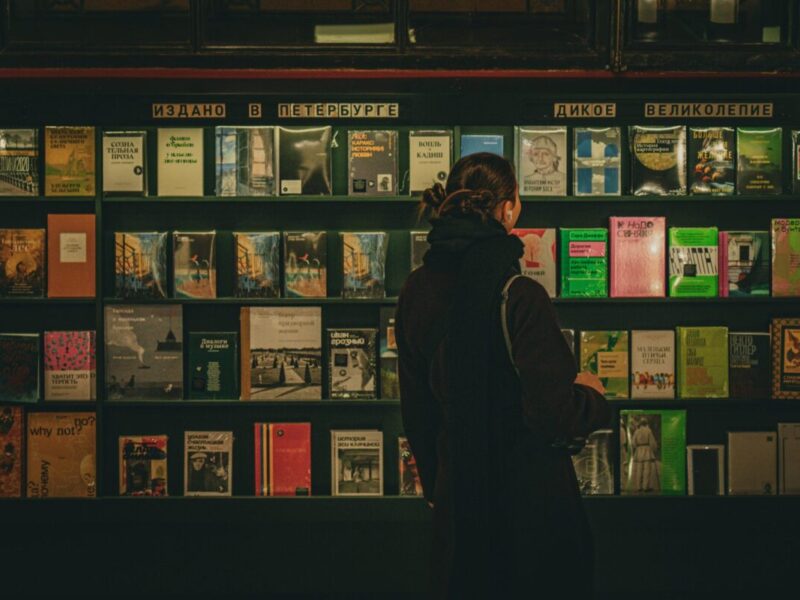When people think of poetry epicenters, New York City and Los Angeles are likely the first literary birthing grounds that come to mind. Though these amazing cities on either side of the country regularly top lists of the most literary areas in the United States, there’s another region that emerges when poetry lovers analyze the art form’s vast reach—the Midwest.
Top independent poetry publishers like Graywolf Press (who have notably published big names like Tracy K. Smith, Ilya Kaminsky, and Danez Smith, among others) and BkMk Press have set up shop in the middle of the map. Similarly, events like the Unbound Book Festival and the Midwest Poets Series establish the region’s dedication to cultivating a rich literary tradition and continued excitement. Of the top 50 creative writing MFA programs—regularly regarded as the terminal degree in poetry—the University of Iowa, the University of Michigan, and the University of Wisconsin command the top three spots. Additionally, poets who make the Midwest their home can win specified book prizes and other awards.
Poets have many incentives to stay in—or even flock to —the center of the country. But the best part of Midwestern poetry is the poets themselves. Whether they write specifically about place or not, these poets provide representation and community, all while proving that the locale just might be much more diverse and interesting than many expect. Here are four middle region poets who deserve a spot on your shelf and your Twitter feed, proving that the Midwest poetry scene is nothing to fly over.
Erin Adair-Hodges (@ErinAdairHodges)
Adair-Hodges teaches poetry at the University of Central Missouri and edits the university’s well-known journal Pleiades. Her first book of poems Let’s All Die Happy won the Agnes Lynch Starrett Poetry Prize.
Adair-Hodges’ poem “Unmappable” vividly chronicles a quintessential Midwestern experience: the road trip. Its opening stanza depicts the natural, electric energy of the landscape: “Kansas coos me into its wheat. / Done with direction, I follow the lightning, / God’s arrows insisting even the desolate / can be a destination.”
Like the speaker, readers are fully enveloped in the poem’s sensory details, as well as the touch of eerily whimsical magic attributed to ordinary images. In the poem, “a train zippers the wet land” and the speaker loads her car “in Technicolor.” In another unexpected moment, the driving speaker wonders “when” she is rather than “where” she is, a testament to a place’s ability to transcend time.
Erika L. Sánchez (@ErikaLSanchez)
Sánchez grew up in Cicero, Illinois, which she describes as a “Mexican working-class town,” and now lives in Chicago. In 2018, the Chicago Public Library awarded her with the 21st Century Award, given for her impact on both the city and the library. She has published a debut poetry collection Lessons on Expulsion and a New York Times bestselling novel titled I Am Not Your Perfect Mexican Daughter.
Sánchez says her work centers around living on a border “between countries, languages, despair, and possibility, and the living and the dead.” As the daughter of undocumented Mexican immigrants, Sánchez possesses an undertold narrative that she uncovers beautifully and honestly.
In her poem “Quinceañera,” Sánchez’s culture provides a backdrop to the kind of coming-of-age experience many can relate to. She writes, “In the warmth of your bedroom, / you pierce your navel / with a safety pin, slice / the skin you hide beneath your billowy dresses” and “Some evenings you brim / with the sky’s quiet bruising — / color as beautiful as the spilled / brains of a bird.” The poem operates in the quiet, idyllic boredom of Midwestern adolescence, yet hinges on an underlying pain and complexity.
Diane Glancy
Cherokee poet Glancy has lived in cities all over the Midwest, including Iowa City, St. Paul, Kansas City, and Oklahoma City. She has received the Oklahoma Book Award and the Cherokee Medal of Honor. Her work often uses setting to explore her Native American identity. She has published more than 10 collections of poetry, along with nonfiction, novels, and plays.
Glancy’s poem “The Eight O Five,” celebrates Native womanhood and its connection with nature. She portrays “the woman earth” and the “the earth woman,” as well as majestic power, writing, “the woman earth sings with the tribes, / transforms herself / into all the things” and “Rain hangs fringe from the earth woman’s dress. / She holds the delay of truth / until it comes from our mouths.” Glancy establishes this woman as someone who can tame and even become one with nature’s wide array of animals: “coyotes fall asleep on her lap” and “birds fly into the b(ranches) of her hair.”
Crystal S. Gibbins (@gibbins_crystal)
Canadian-American poet Gibbins lives in Wisconsin, where her book Now/Here was the runner-up for the Edna Meudt Poetry Book Award from the Council for Wisconsin Writers. She is the founder and editor of Split Rock Review, a wilderness-themed literary journal. Gibbins’s poems focus heavily on her Midwestern surroundings, and she recently edited a poetry collection about the Great Lakes.
Gibbins’s scenic inspiration lushly underlies her poem “Because the Night You Asked,” about the speaker accepting a marriage proposal. She illustrates a moon that “shined like a quarter in the sky” and leaves “the color of wine at our feet.” She also invokes the connection that the speaker and her partner have developed through nature. She writes, “in your arms my heart grows / plump as a finch” and “we both love the snow, / the ice, the feeling of a long deadening / freeze and the mercy of a thaw.” These descriptions spotlight a common theme—the connection between love and nature—but do so in a fresh, unique way.
Bonus: Before writing this article, I put out a call for amazing Midwestern poets on Twitter. Though I couldn’t include the nearly hundreds of incredible suggestions I received, here’s that thread for further reading.




